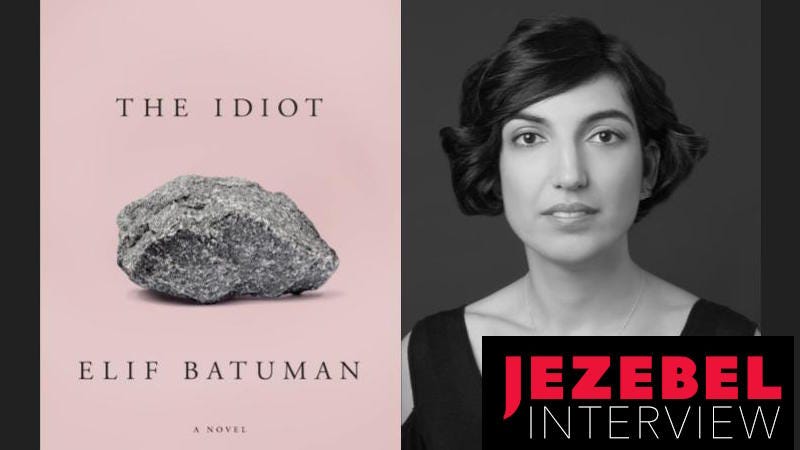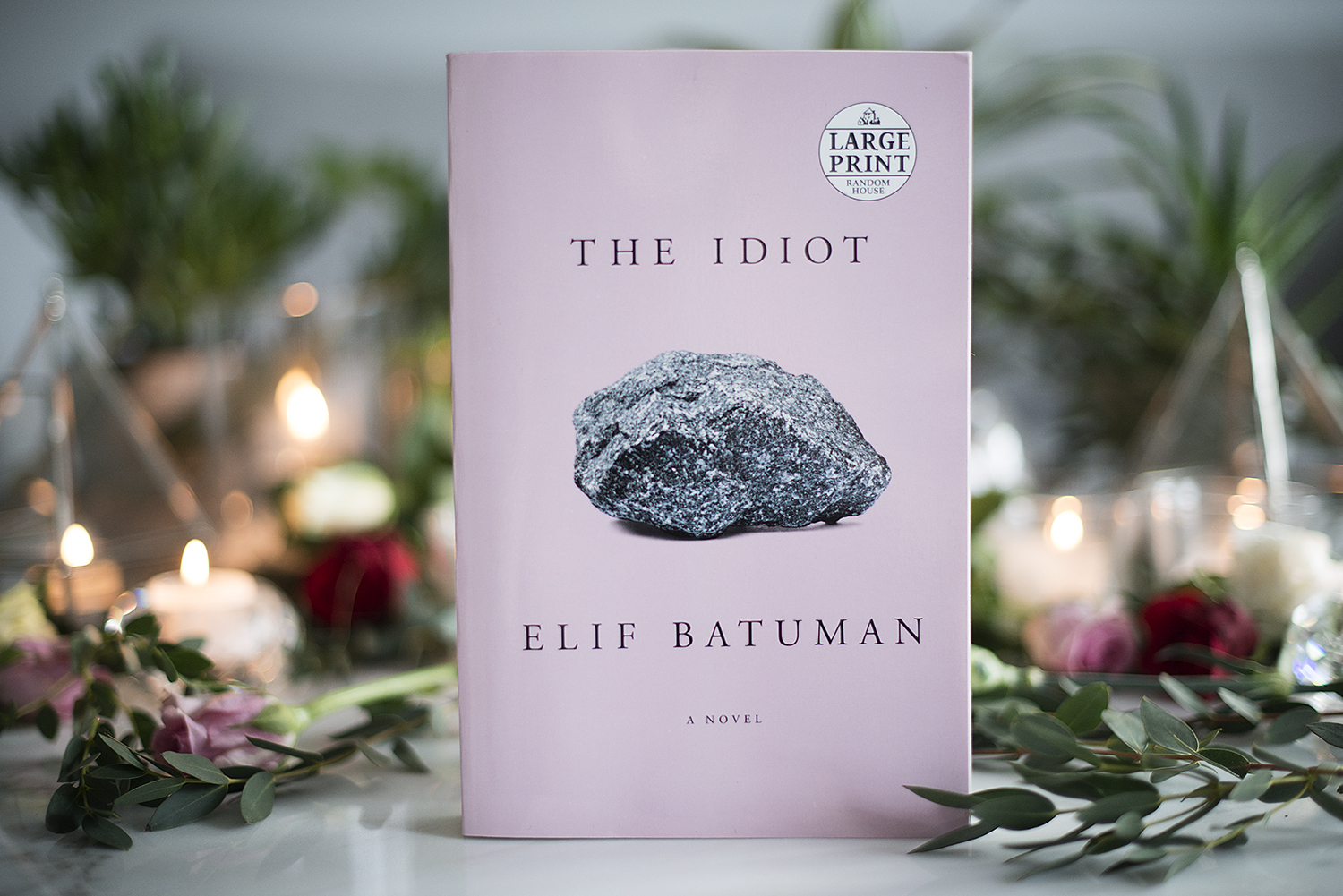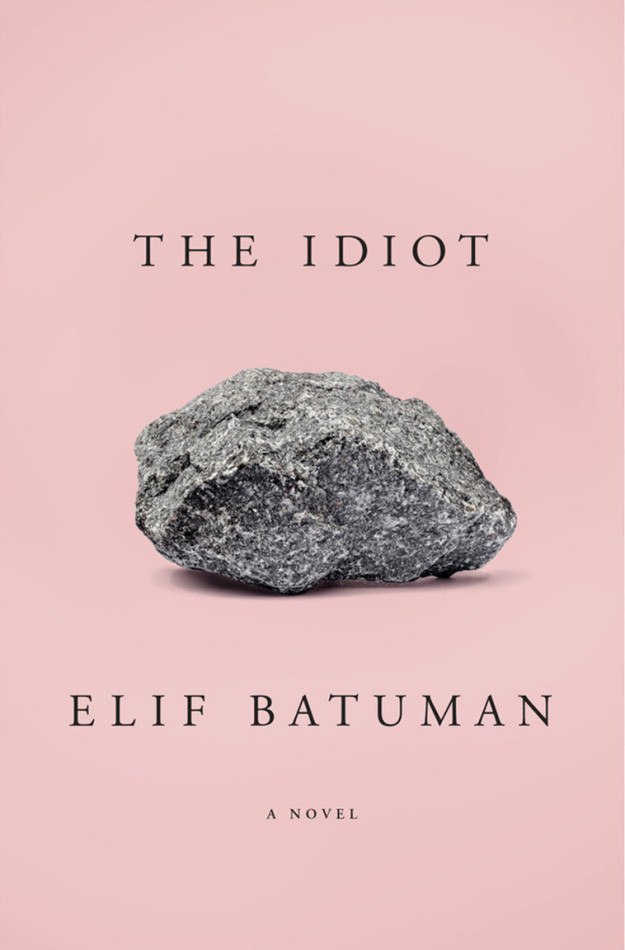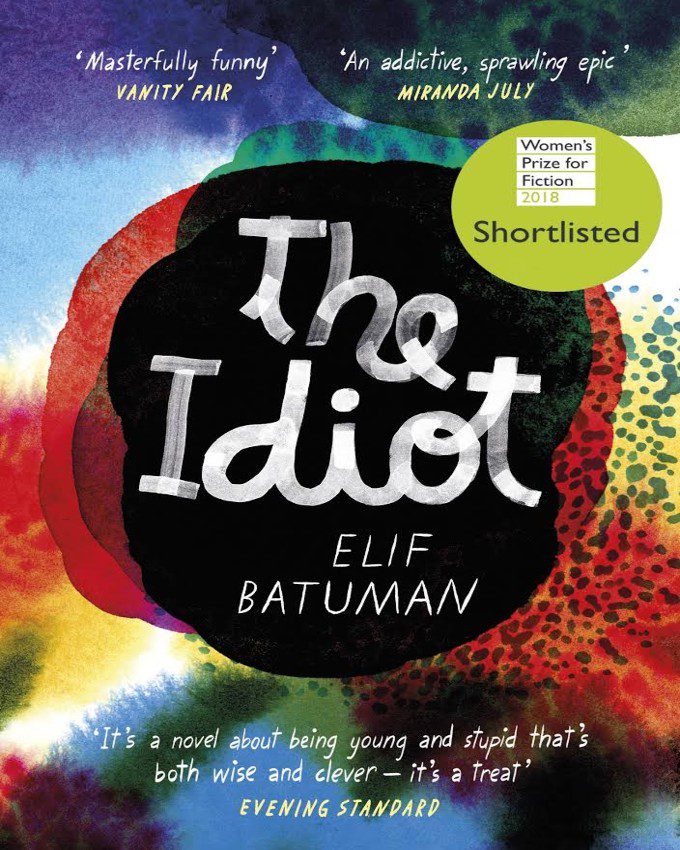

When I was younger, I struggled a lot with anger, and also with archness. I look for books that counteract whatever issue I’m wrestling with in my own work. After #MeToo, for example, I reread “Eugene Onegin” and “Anna Karenina” and, although I could still see everything I had loved about those books as a teen, I also saw a message I hadn’t been attuned to before: something like, “Great literature is about a young woman who ruins her life over a guy who isn’t that smart.” Where had such messages led me? What do you read when you’re working on a book? And what kind of reading do you avoid while writing?

I’ve also had some very intense experiences rereading 19th-century favorites. I do have two recommendations for new Russian books in translation: “In Memory of Memory,” by Maria Stepanova, and “Living Pictures” (forthcoming), by Polina Barskova. Have you kept up, and who are your current favorites? Your first book, “The Possessed,” was a memoir about your love of Russian literature. Now, after years of therapy, I can reread “Swann’s Way” and see specifically what the younger me couldn’t face about childhood.

I just couldn’t understand why anyone would voluntarily dwell on such a boring and humiliating time of life. In college, I could barely get through “Swann’s Way,” or really any “literary” book about childhood. Now I can see both readings at once, like a magic eye painting. When I was 20, I saw Madame Merle as a non-character, a “bad person” who existed just to mess with Isabel. As in, rereading “The Portrait of a Lady” at 40, and finding that the most relatable character is suddenly Madame Merle. The only reading experience I’ve had after 40 that feels truly inaccessible to my earlier self is rereading. What book should nobody read until the age of 40? Once you read enough, you learn to discard the toxic parts, and keep what helps you. Quantity is important, because books are a product of their time and place, and the toxic ideas of the time get baked in. To me, “Does this book seem like it could change my life” feels like a more useful question than “Is this a book that everybody should read.” I would invite people under 21 to think of the world as a treasure hunt for life-changing books, with clues everywhere - in other books, on the subway, maybe in The New York Times - and then to read as many of them as possible. What’s the last great book you read?Īdrienne Rich’s “Blood, Bread, and Poetry” - specifically, the essay “Compulsory Heterosexuality and Lesbian Existence.” What book should everybody read before the age of 21? “Tideline,” by Krystyna Dabrowska, translated by Karen Kovacik, Antonia Lloyd-Jones and Mira Rosenthal.

“The Eighth Life (for Brilka),” by Nino Haratischvili, translated by Charlotte Collins and Ruth Martin.


 0 kommentar(er)
0 kommentar(er)
